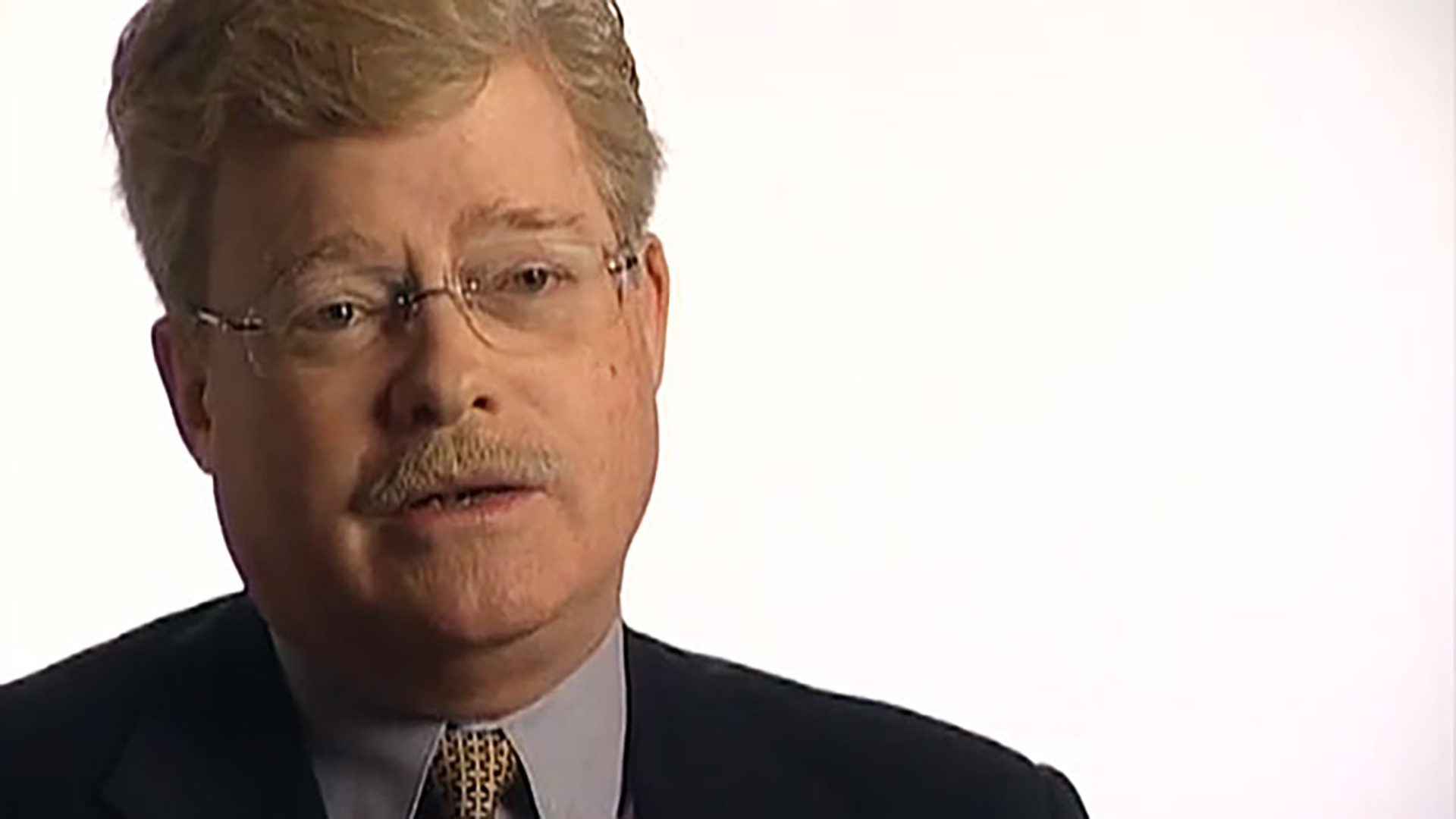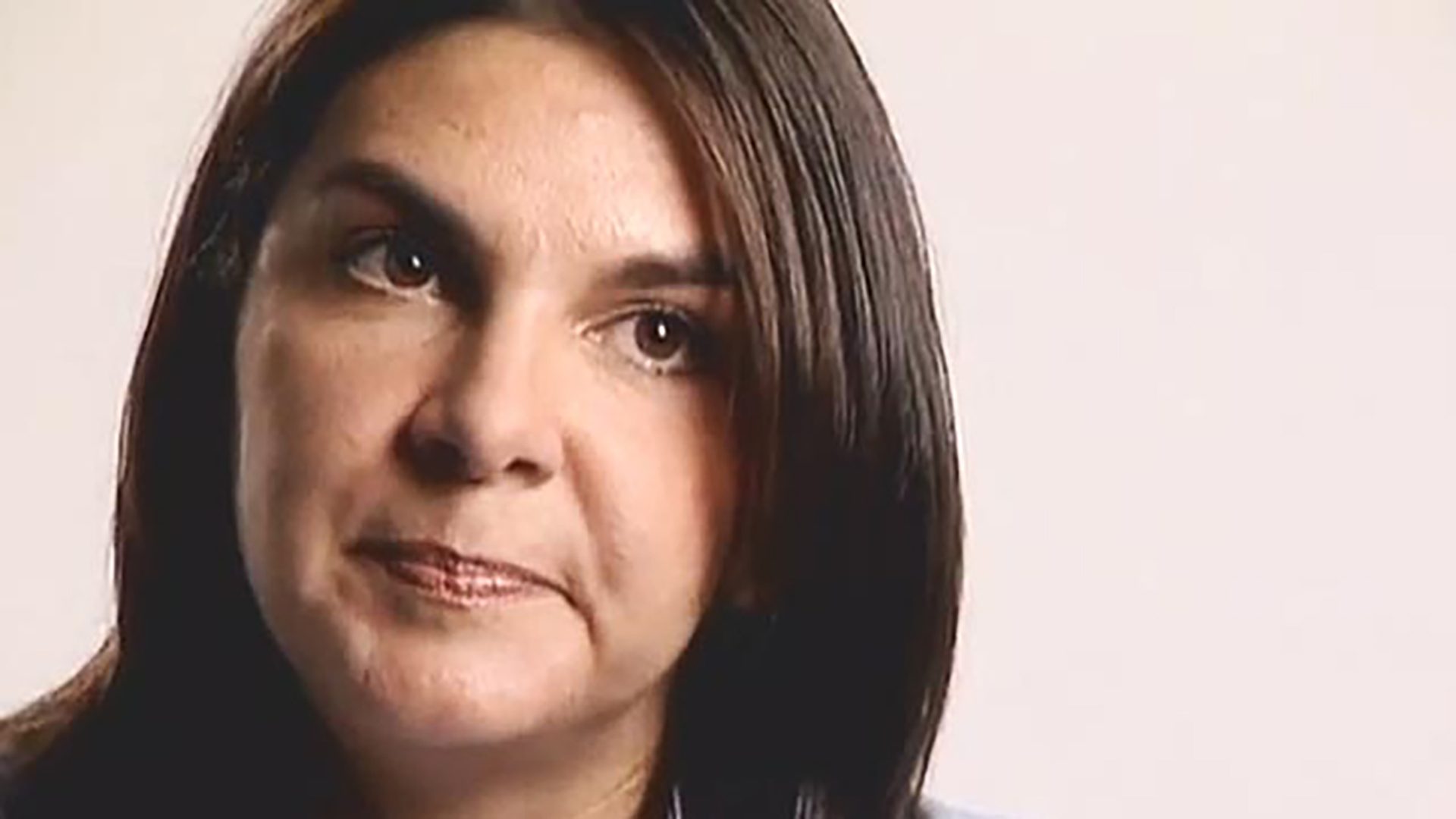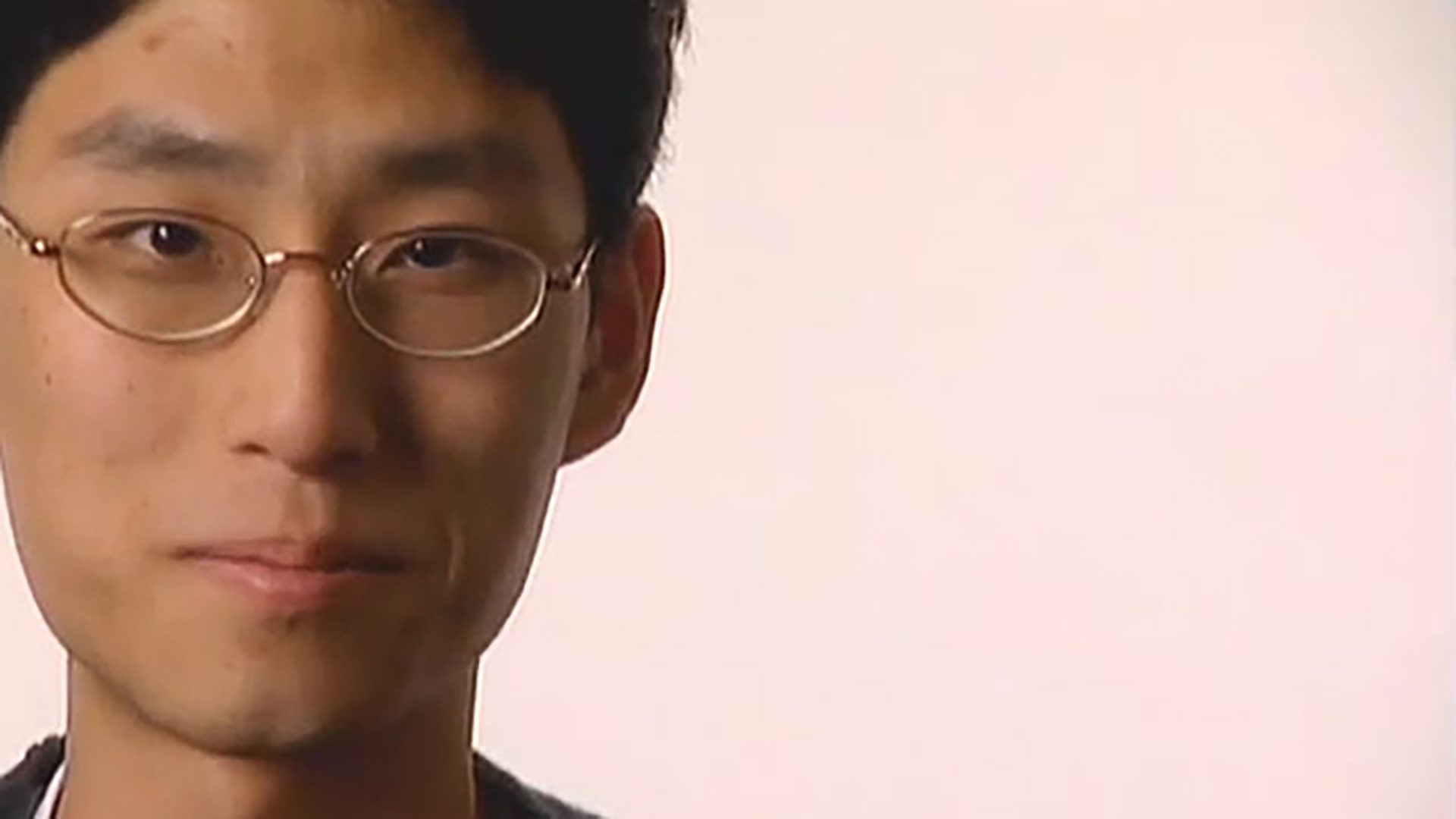Survivor Interview – Chris C.
Chris is a gastrointestinal stromal tumor survivor. He talks about a clinical trial, accessing quality care, and finding a counselor for emotional support.

I was first diagnosed with leiomyosarcoma in 1996. They have since changed the name to GIST, an acronym for gastrointestinal stromal tumor. It’s a type of sarcoma.
The only treatment is surgery. The life expectancy is, on average, six months to a year. I first had tumors in the small intestine, and they extracted that. A little less than a year later, it had metastasized to the liver. We did have a successful surgery, but it was obvious that it was other places throughout the body on the molecular level. One doctor said, “You have one chance out of a hundred.”
We were devastated at that point, but we got our energy cranked back up, and I talked to other people and doctors. One of them said the best thing to do was to build up your immune system, and he recommended a macrobiotic diet. That doctor said I had six or nine months to live. Two and a half years later, I was still going. I attribute that to diet, nutrition, mind/body connection, not giving up.
But it did return. Once again, the only solution was surgery. They opened me up and counted 38 different tumors from the size of a pea to the size of a golf ball throughout the abdomen. They just closed me up. I came out of the anesthetic, and I can remember the surgeon, a very nice guy, just said, “We couldn’t do anything. It was all over your abdomen.” Then he said, “But Chris, they’re always coming up with new drugs and new cures.”
I’m lying there on my back and I say, “Yeah, right.”
We went out to see Dr. Demetri in Boston at the Dana Farber Cancer Institute, and did a lot of different trial drugs, but none really worked. Then, one day he said, “There’s this really wonderful drug for leukemia. Theoretically, the cause of your cancer is similar to the cause of this leukemia – a broken chromosome.” Interestingly, they had only found out what caused my cancer a year before that.
He said the drug company that created it wasn’t gonna try it on solid tumors for maybe a year. I said, “I’m not gonna be here in a year.” He said jokingly, “Call your congressman.” So, hooked up to my pole, I whip out my cell phone and I call my big brother, who works for the Wall Street Journal. I said, “They have this drug. Here’s this drug company in Switzerland.” He marches down the hall to the managing editor, “My little brother needs this drug.” Sure enough, a couple of days later, my doctor comes in. He says, “You won’t believe this. The guy that I’ve been chasing at this drug company for months called me up and said we can start a trial right away.”
I was one of the first patients in the United States to have the drug for a solid tumor. We came back to Boston about 30 days later and went through all of the tests. That night, the hotel phone rings at 11:00. I thought, “This isn’t good news.” So I get on the phone and the doctor says, “I’m standing here with a group of seven or eight doctors. We’re looking at your scans. Our jaws are on the floor. It’s phenomenal. Some of these surgeons asked if this patient had surgery.” At the time, it was STI571, which later became Gleevec. It is now approved and one of the first cancer drugs to work at the molecular level.
Gleevec is still as effective for me today as it was at the beginning. I have scans every 90 days to check on it. I’m in great shape, no signs and no growth, so it’s been terrific. A lifesaver, obviously.
I thought back to that surgeon, who, not even a year before had said, “Chris, they’re always coming up with new drugs.” I’m obviously a total believer now. There are answers and they’re coming fast. Two things: I think we have to have faith. We have to be proactive, though. You have to be aggressive. We also have to be, as Lance said, part of the solution.
I wholeheartedly support clinical trials. They asked me to be on one unrelated to my specific cancer. It wouldn’t benefit me, but it would be a benefit to their research. We immediately said yes because, once again, it’s being part of the solution. It is very important for the patients and their own self-interest to pursue trials, but it’s also a big part of the solution in the fight against cancer. Unfortunately, there’s a need for many, many more patients to enlist on these trials. It does compromise the speed and the effectiveness of the research.
You owe it to yourselves to get the best medical care you can. We started out in our local suburban hospital. When I got this very dire diagnosis, we wanted second opinions, third opinions. A good doctor will want to have you investigate every source possible. This one particular doctor was insulted. He said he was giving us the best care available at this large hospital in Washington, and he would not give us a referral to a cancer center. So my wife called up our family physician, who had recommended him, and he said, “You don’t want to get his nose out of joint.” My very mild-mannered, sweet wife was on the phone and a string of words came out of her mouth I had never heard before. An hour later, we had a referral. Sometimes you’ve got to step up and fight.
Hope is more important than most people realize. It’s all part of that mind/body connection. You get depressed, your immune system goes down. There’s no mystery about that. People say, “You have to be positive. You have to fight this.” You’re sitting there, depressed, ill, and you just feel like saying, “I don’t feel positive.” Then you feel guilty, “I should be positive to be healthy, but I don’t feel positive.” There’s this whole Catch-22. But you have to keep moving forward. When you feel down, sorry for yourself or angry, you have to say, “I feel this way, but it’ll pass.” Know that you’re working on it and don’t give up. You will become more and more positive.
Some days, I had a foot mark on my back where my wife kicked me out the door and said, “Okay, let’s get going. Quit feeling sorry for yourself.” Not knowing the clinical earmarks of depression, I didn’t recognize it, but other people did. Even my children said, “Dad, you need some help.” Now, it’s a joke around the house: if somebody’s having a hard time, you say, “You need help. Get help, will you?” So I did go, and I found that it’s a clinical problem. It’s not about inner strength or masculinity or your courage. It’s just part of the human process. The mind is just as much a part of the body as your organs, and it needs care, too.
One of the major strengths that I developed over eight years is one that I didn’t anticipate, and that is my relationship to death. I go in every 90 days for scans. That, in itself, says, “I’m still threatened with death.” My acceptance of death has been a very important part of my living. A couple of things have added to it. My closest friend had a stroke at age 57 and, in three days, he died. I had one sister who I was very close to. Last year, we found out she had cancer. Six weeks later, she died.
Losing one of my two siblings and losing my best friend really brought it home that life is precious. I have a greater appreciation that death is part of life. We have to live in the moment. Yesterday is gone. Tomorrow is not here. None of us know when, but we are all gonna die. All the more reason to live life to its fullest.
In the last eight years, I have developed almost a half a billion dollars in real estate, providing jobs and homes for people. I am involved in a half a dozen programs, and I’m involved in the Lance Armstrong Foundation. I feel I’ve been doing more good in the last eight years than I did in the previous 50. I do think there is a special gift you get back from giving: a satisfaction, a feeling of fulfillment, fruition. Giving really is strengthening, and it motivates you, and it gives you a certain peace. As I look back over the last eight years, I’m very glad that I didn’t say, “I’m only one in a hundred,” and just go to bed.
The label of cancer is not a death sentence. It’s a life sentence that every day is going to be more valuable, and we better use it as fully as we can. People do talk about the blessings that cancer brings. That’s not the kind of blessing I like, but you do get insights. I think one of the blessings that cancer has brought me is a greater understanding of life and of death and a greater appreciation of both.
The quality of life for survivors is so very important. I use the analogy of a burning house. They get the people out of the house, and they set them down. They need care. They need psychological help. They need medical help. So many types of support. But there are still people in the house that’s burning, and I feel an obligation to allow them to continue to survive. I feel the greatest urgency to come up with solutions; to come up with cures. Survivorship, to me, is staying alive.
My name is Chris Carley. I’m an eight-year gastrointestinal stromal tumor survivor.

